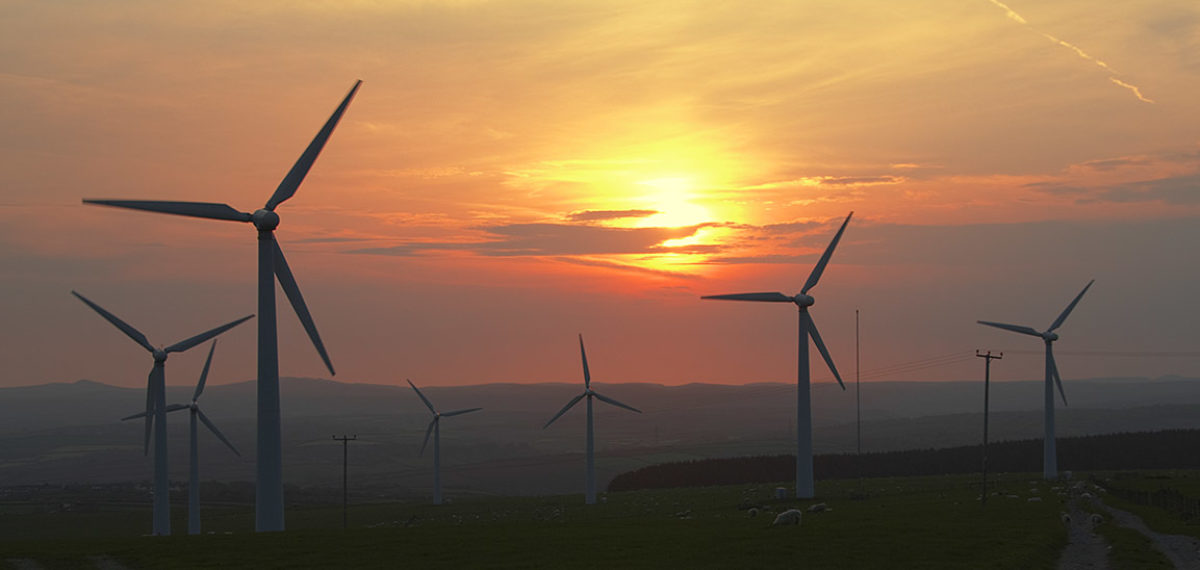One thing that annoys me greatly when people talk about green energy technologies is the way that they are sidelined by holding them up to absurd standards to which ‘conventional’ patterns of consumer spending are simply not judged. This is something that afflict heat pumps, electric cars and solar panels. How and why does this happen?
First, electric cars. I hear a lot of stuff about how a lot of people cannot be expected to buy electric cars if they cannot easily charge their cars at home. This is ridiculous when you think of it because the same standard is not applied to cars that run on petrol or diesel. ‘How can you expect people to buy cars if they can’t fill them up with petrol at home!’. Quite.
Of course we need many more fast chargers to be made available. A good regulation that would not cost the taxpayer anything could be to insist that all petrol garages give over at least two spaces to approved companies who provide fast chargers.
There’s another running story about how expensive the electricity from fast chargers is. Well, yes, they charge about 40p/kWh which is a lot more than the cost of home charging. Each kWh will take you 3-4 miles (farther if you are a careful driver). BUT if you buy 40 pence worth of petrol it will take you an average of less than 2 miles at 30 miles per gallon. So it’s still almost always going to be much cheaper to charge up an electric car using a fast charger than an ICE car.
Second, Solar panels. ‘Energy efficiency should take priority over solar panels in buildings’, is a story I’ve heard, and indeed building regulations give developers an option to trade off one against the other. Why? Buildings should be built to very high carbon reduction standards. And on top of that they should have solar panels. Are we aiming for net zero in new buildings or just passing the buck? ( I could make the point using a ruder phrase!) At the moment we’re clearly passing the buck!
You can hear a similar judgemental story about people installing solar panels in relatively energy-inefficient buildings. You can see people frowning. But you never hear anyone say ‘You shouldn’t be building that kitchen extension/conservatory before you’ve installed much better energy efficiency in the whole of your house’. The same frowners won’t even think of saying that!
Third, there are heat pumps. There’s the story that says they shouldn’t be installed in energy inefficient homes. Of course in order to get a grant from the Government scheme (renewable heat incentive changing in April to the clean heat grant) you have to have some basic energy efficiency measures. But I haven’t heard anyone moaning about people installing or replacing a gas boiler in a building that does not have much insulation! That’s a much much bigger waste! Why is not there a rule saying that if you want to install or replace a gas boiler that you have to have 270 mm of loft insulation and cavity wall insulation? – with grants available to pay for this?
So how is it that this paradox exists of green energy investment being condemned using arguments that are not applied to ‘ungreen’ investments? This mystery is solved when you look at the sources of the negative bias against the green technologies because the bias comes from the mouths of those opposed to these technologies. These include manufacturers of petrol and diesel cars, people from the natural gas industry and people who don’t favour solar power.
David Toke

Solar panels in the UK are a complete waste of money. There are too many cloudy days and output drop precipitously in the winter, when electricity is needed for those heat pumps. This wide range of variability adds significant cost to electricity. Better to invest in green energy sources without the variability. Batteries? To cover 14 days of cloudy weather? To store electricity for the winter? Absurd. Solar panels are expensive cosmetics.
which doesn’t explain how companies are selling solar panels without subsidies these days to hard-pressed businesses, eg https://100percentrenewableuk.org/community-solar-hits-the-big-time